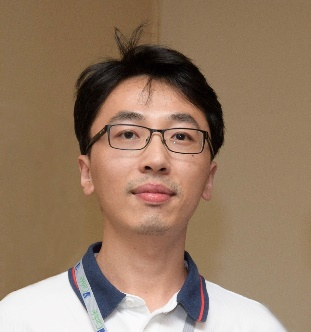
Maomao Hu
Dr. Maomao Hu is a postdoctoral scholar in the Department of Energy Science and Engineering at Stanford University since November 2021. Prior to joining Stanford, he was a postdoc in the Department of Engineering Science at the University of Oxford for two years. He received his Ph.D. degree in Building Environment and Energy Engineering from the Hong Kong Polytechnic University in 2019. In 2018, he studied as a guest Ph.D. student in the Department of Applied Mathematics and Computer Science at the Technical University of Denmark.
His research focuses on developing sustainable and scalable technologies and computational tools to make today’s building and urban energy systems low-carbon, energy-efficient, energy-flexible/grid-interactive, and climate-resilient using data analytics, machine learning, optimization, and advanced model-based controls across a wide range of scales. He has been actively contributing to international collaborations, including the ongoing IEA EBC Annex 81 (Data-Driven Smart Buildings) and Annex 82 (Energy Flexible Buildings Towards Resilient Low Carbon Energy Systems).
报告题目:Decarbonization of Building and Urban Energy Systems: A Multiscale Data-driven Approach
报告简介:
Climate change is the most pressing threat facing modern humans due to its complexity, magnitude, and urgency. To avoid the destructive consequences of global warming higher than 2 °C, it is imperative to deeply cut greenhouse gas (GHG) emissions across all sectors. As the major contributors to GHG emissions and energy consumption, building and urban energy systems play a significant role in climate change mitigation. Due to the advances in information and communications technology, today’s building and urban energy systems are becoming data-intensive. In this context, how can we extract valuable knowledge from large volumes of building operational data for decarbonization? Moreover, how can the data help various stakeholders make better design and management decisions across multiple scales from equipment- through building- and community- to city-scale? This talk aims to unpack these questions by discussing research projects at various scales.